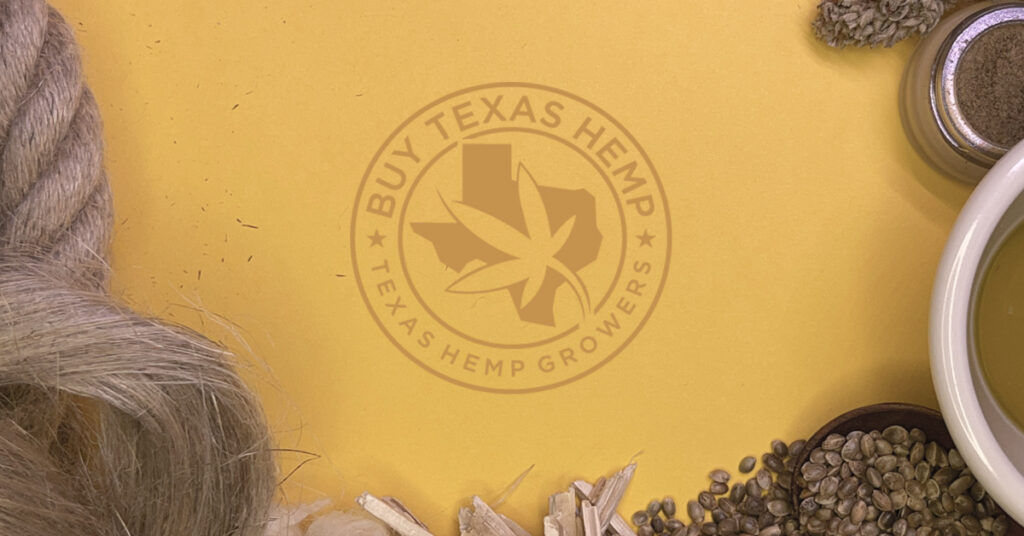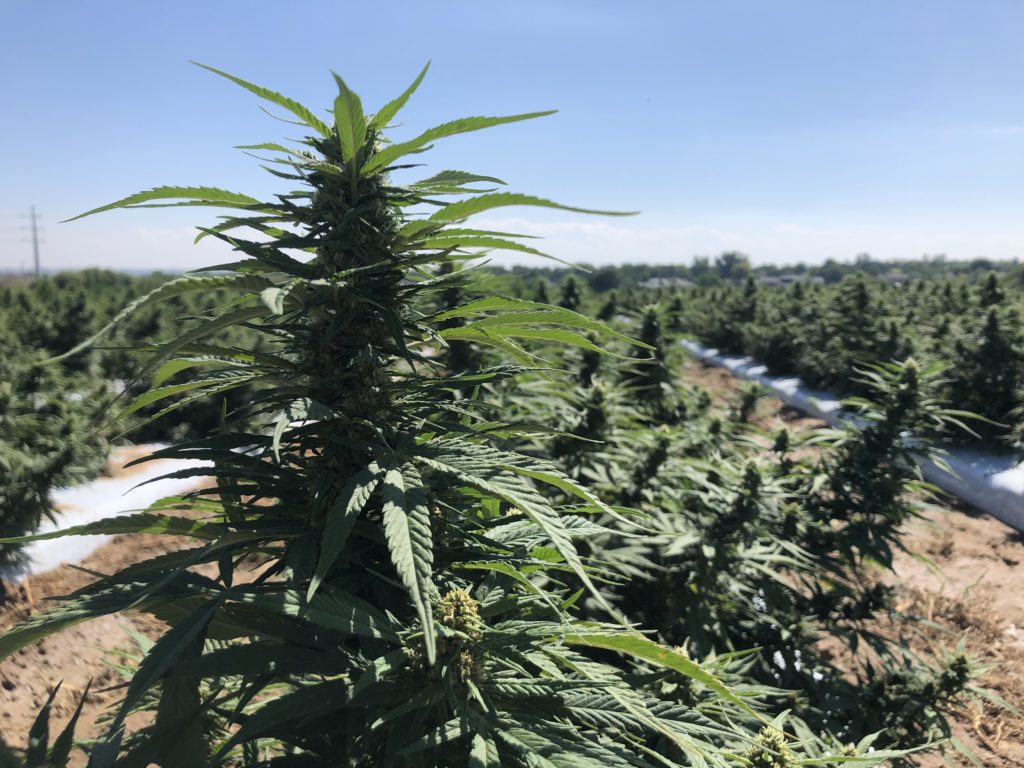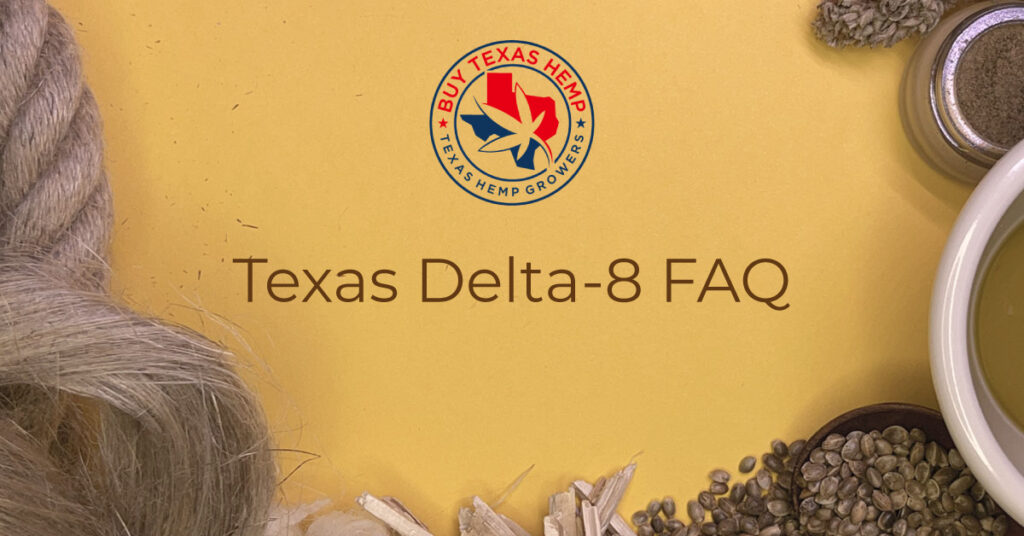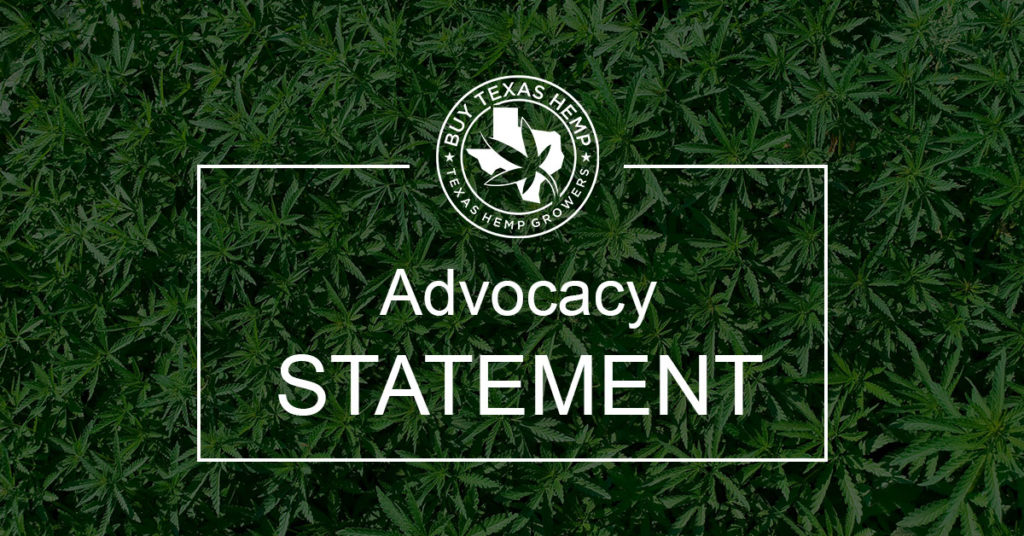Congressional hearing highlights challenges facing US hemp industry

The subcommittee on Biotechnology, horticulture, and research hosted its first hearing on hemp production Thursday morning. While the meeting focused mostly on industrial fiber and grain, a few comments were made about CBD and at least one was made about banning “intoxicating cannabinoids.”
The committee, which is a subcommittee of the House Committee on Agriculture, heard from five witnesses who later fielded questions from committee members.
Testimony was scant on new information and instead focused on challenges the industry has faced since the 2018 Farm Bill legalized hemp production.
Brandy Phipps, assistant professor with the Department of Agriculture and Life Sciences at Central State University, mainly focused on the nutritional benefits of hemp grain – both for human consumption and animal feed. She highlighted the need for congress to provide more financial support to help with obtaining feed approvals for hemp seed, which she explained are expensive.
The Executive Director of the Hempstead Project Heart, Marcus Grignon, provided some historical context on industrial hemp. He asked the committee to consider exempting industrial hemp – grain and fiber – from compliance testing. He also asked congress to address the gaps in banking, insurance and interstate commerce.
Ecofibre CEO Eric Wang testified on behalf of his company and the US Hemp Roundtable, which is currently lobbying for a ban on CBD flower and hemp-derived THC. He expressed concern that the Food and Drug Administration has chilled investment due to its inaction on creating regulations for CBD.
Wang pointed out that farmers were pivoting from CBD to “intoxicating cannabinoids” like delta-8. He urged the committee and congress to take action and cut off access to those cannabinoids through FDA regulations.
Ryan Quarles, agriculture commissioner for the state of Kentucky, shared Wang’s sentiments that the FDA’s lack of regulation has led to a contraction in the market.
Kate Greenberg, with the Colorado Department of Agriculture, pointed out the need to raise the THC threshold from 0.3% to 1% – a move seen by most in attendance as a positive step.
Other ideas discussed by witnesses included removing the criminal background check requirements for producers; allowing the use of certified seeds in lieu of compliance testing; eliminating the DEA certification requirement for testing labs; as well as establishing federal grants to support state programs.
Congresspersons’ questions mostly reinforced the testimony they had received, with questions focused on regulatory gaps and climate smart solutions.
Noticeably absent from the hearing was a representative from the USDA or FDA. Multiple committee members expressed their disappointment at the agencies’ lack of attendance.
Today’s hearing is a precursor to the upcoming debate around the 2023 Farm Bill, which is expected to include significant changes to the hemp law. Most notably, groups like the US Hemp Roundtable and Hemp Industries Association have endorsed a bill – the Hemp Advancement Act – which will ban smokable CBD flower and hemp-derived THCs, like delta-8 and HHC.
In a recent meeting, Rick Trojan, VP of the HIA, admitted the US Hemp Roundtable also wants to ban high delta-9 products, which could end the market for delta-9 infused products.
The American Hemp Growers PAC has formed as a counterbalancing voice in the debate over cannabinoid regulations. Visit www.AmericanHempGrowers.net to participate in the discussion.
You can watch a replay of the meeting here:





